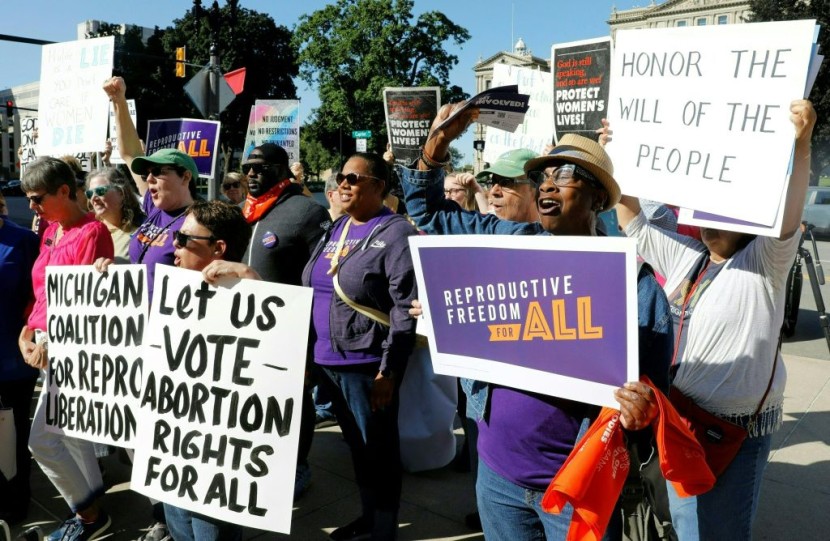
West Virginia has passed an abortion ban that prohibits nearly all cases with some exceptions, including certain medical situations or cases of rape or incest.
On Friday, Gov. Jim Justice announced that he has signed the bill into law after the GOP-led legislature passed House Bill 302 on Tuesday in a special session. The passing of the law makes West Virginia the second state to pass a restrictive abortion bill after the U.S. Supreme Court overturned Roe v. Wade this year.
West Virginia Abortion Ban
The abortion ban goes into effect immediately, with the bill's criminal penalties to take effect after 90 days. The legislation allows abortion in the cases of rape or incest up to eight weeks of pregnancy for adults and the first 14 weeks of pregnancy for minors. But the incident has to be reported to law enforcement at least 48 hours before the abortion.
The law also allows exceptions if the embryo or fetus is nonviable, a medical emergency exists, or an ectopic pregnancy, a rare event in which the fertilized egg implants outside the uterus and cannot survive, as per CNN.
Justice, who is a Republican, said during a Friday morning news conference that he has done exactly what he said he would do. The GOP member said that he was proud to have signed the legislation and said he believes wholeheartedly that it does one thing, which is to protect life.
In July, HB 302 stalled when lawmakers failed to come to a consensus about key details of the bill. But this week, when the legislature returned, abortion rights advocates slammed lawmakers for voting to ban abortion "after weeks of discussions behind closed doors."
Abortion had been legal in West Virginia up to 20 weeks of pregnancy after a state court judge indicated that hse had decided to block a state abortion ban dating to the 1800s. That month, Justice called lawmakers back for a special session and, at the last minute, added abortion to the legislative agenda.
According to Politico, the new law requires abortions to be performed by a physician at a hospital, a provision that at least two Republican lawmakers said was intended to shut down abortions at the Women's Health Center, which has provided the procedure since 1976 and was the state's sole abortion clinic. Now, providers who perform illegal abortions can face up to 10 years in prison.
Closing Down Providers
On Tuesday, shortly after lawmakers passed the anti-abortion bill, Women's Health Center of West Virginia Executive Director Katie Quinonez said that the clinic's lawyer advised them to suspect abortions immediately. Staff spent Tuesday night and Wednesday canceling dozens of appointments and providing them with resources to book appointments out-of-state and funding to help cover travel and the procedure.
The first state in the country to pass anti-abortion legislation was Indiana, which prohibits nearly all procedures among its more than 1.5 million people of reproductive age in the region. The passing of the law also comes amid a lawsuit filed by abortion providers challenging the legality of the law under the state's Constitution, ABC News reported.
Related Article:
Indiana Passes Near-Total Abortion Ban With Narrow Exceptions, Forcing Clinics To Close
© 2026 HNGN, All rights reserved. Do not reproduce without permission.








